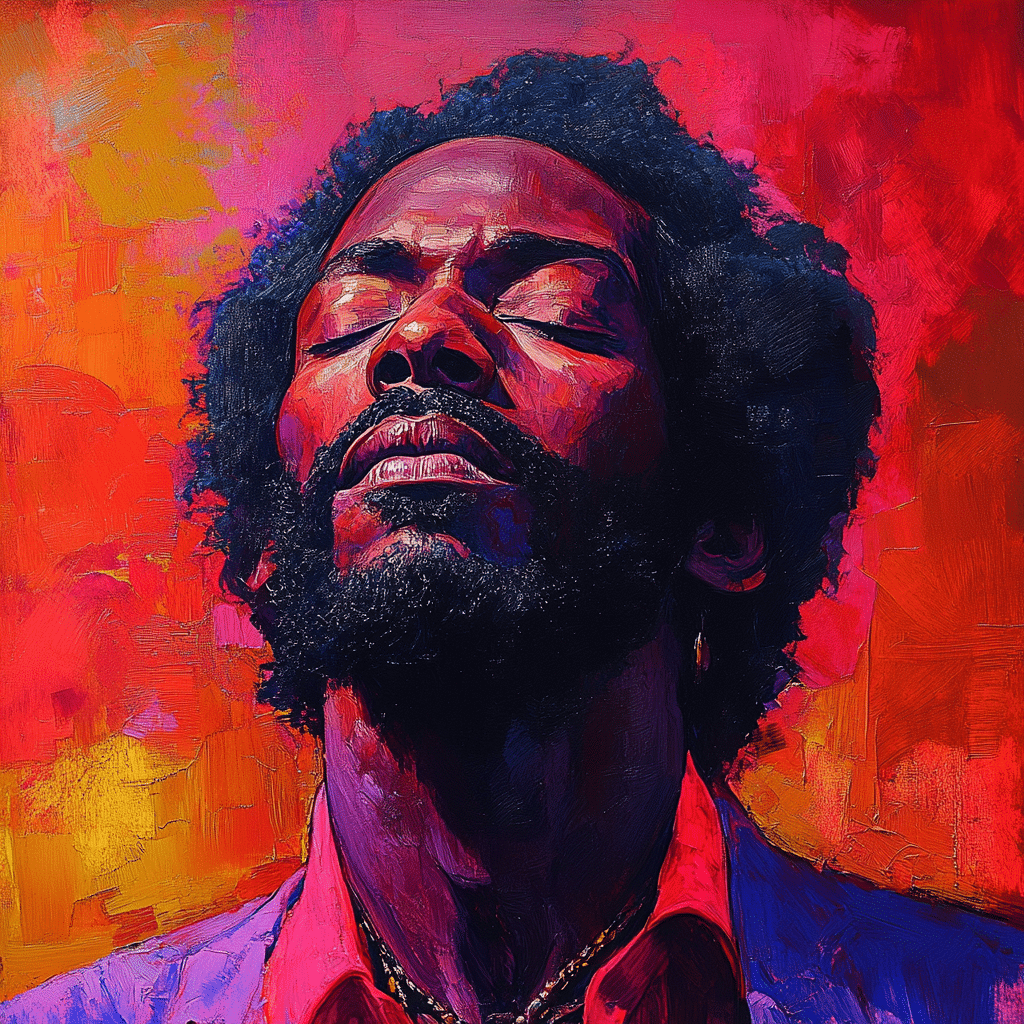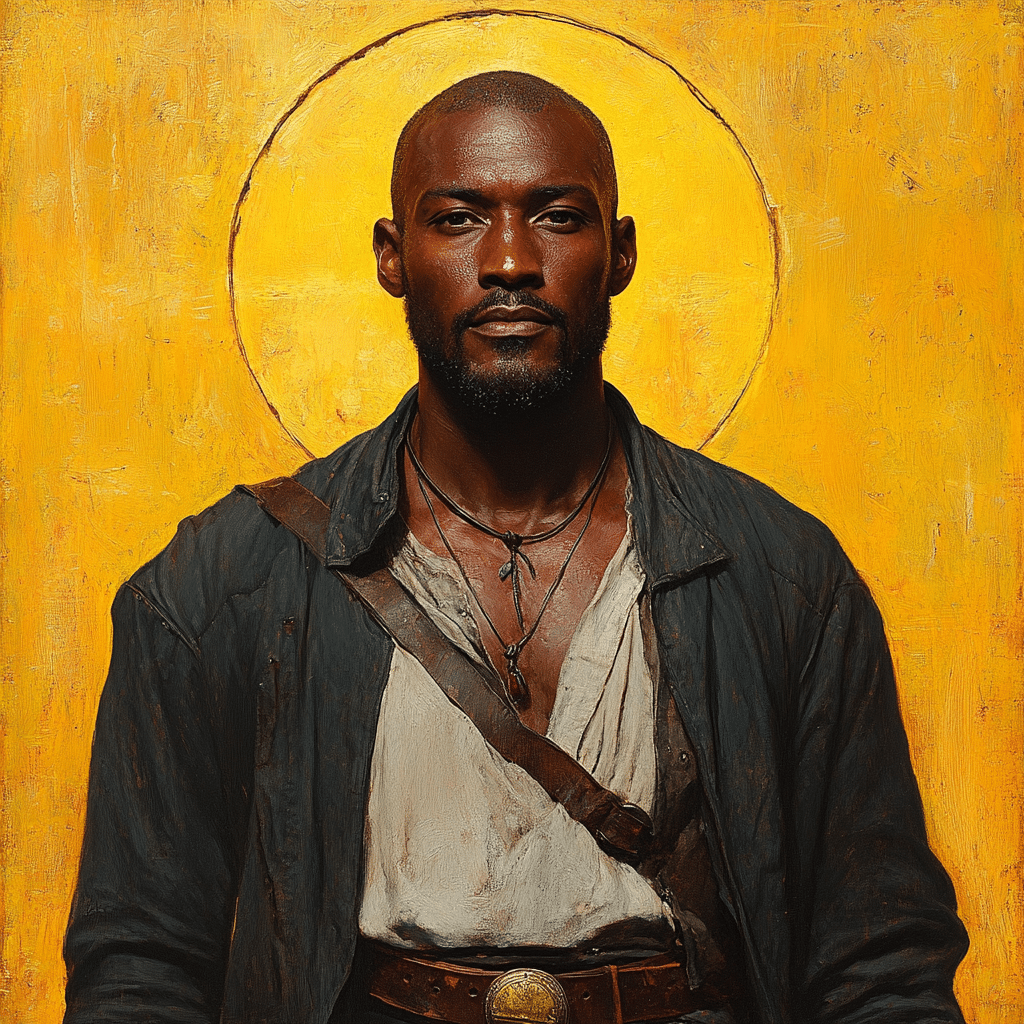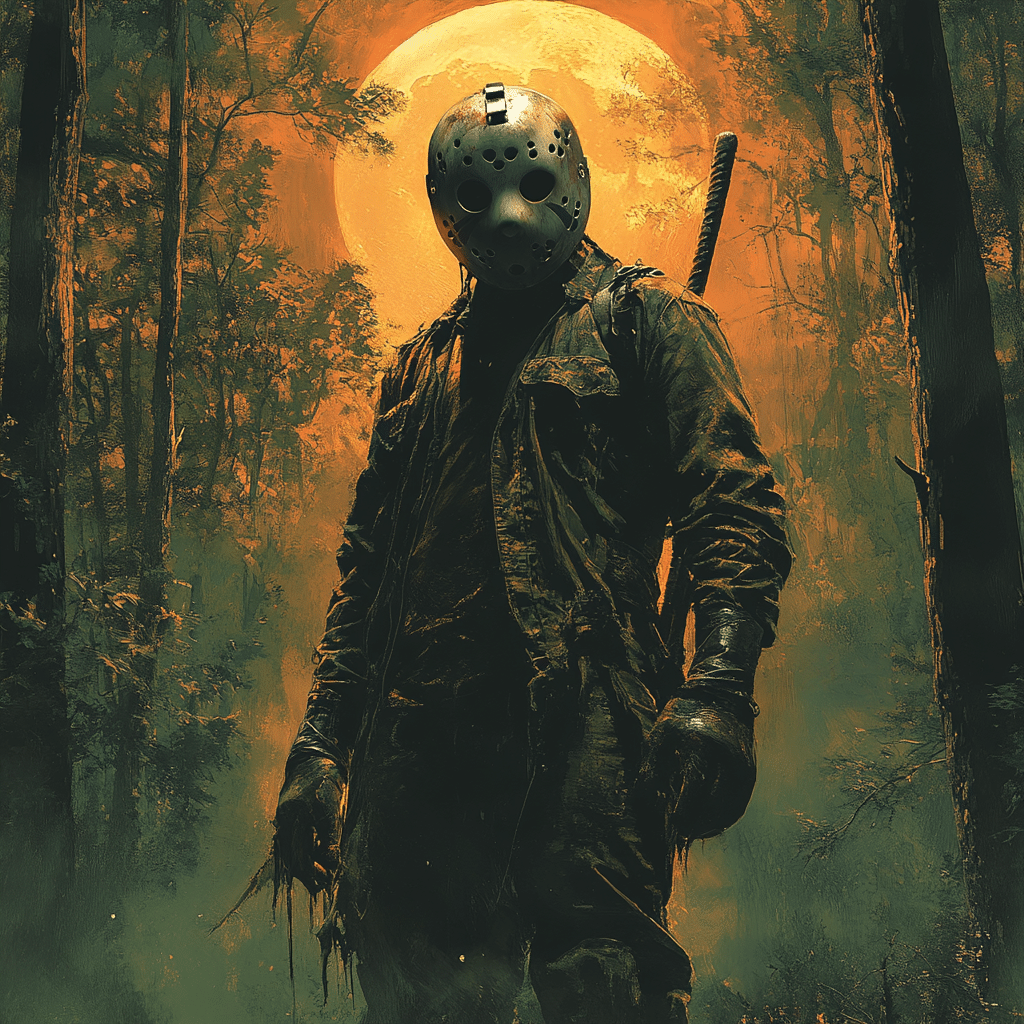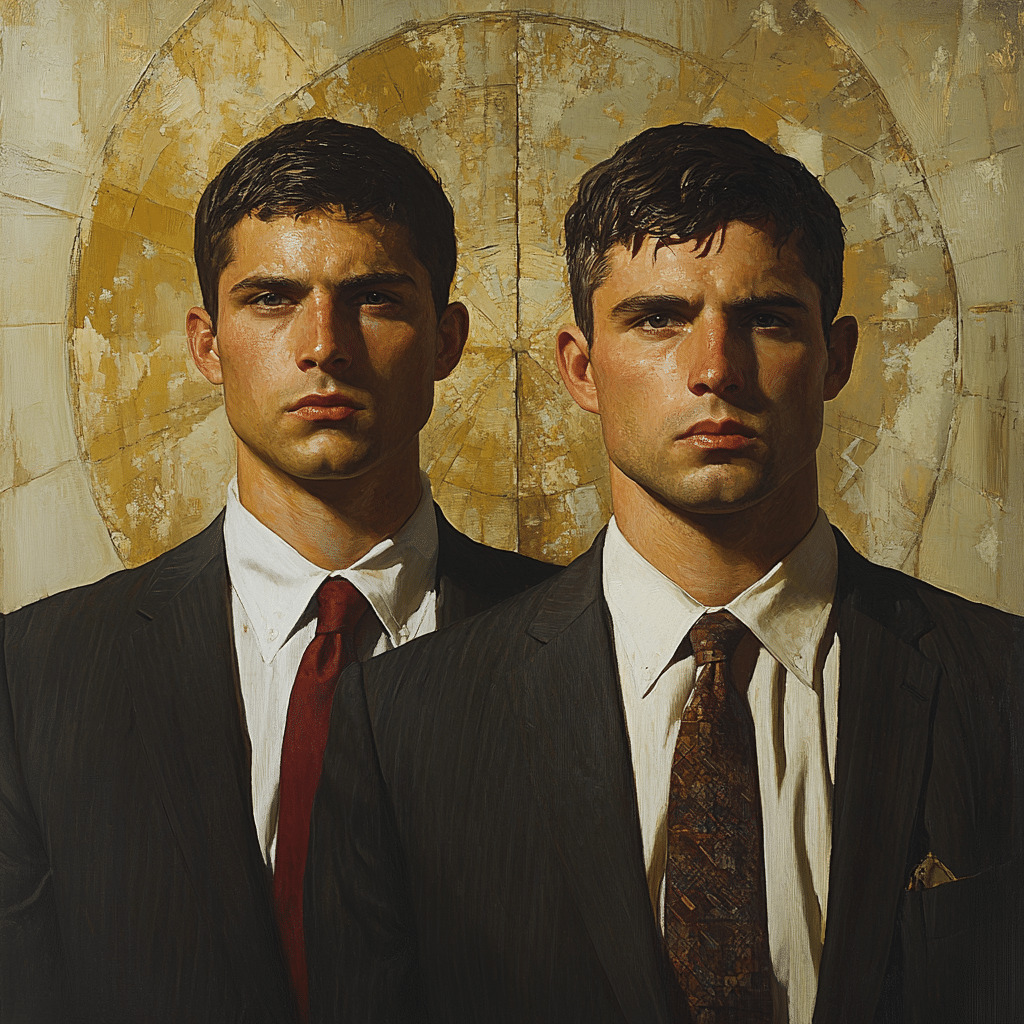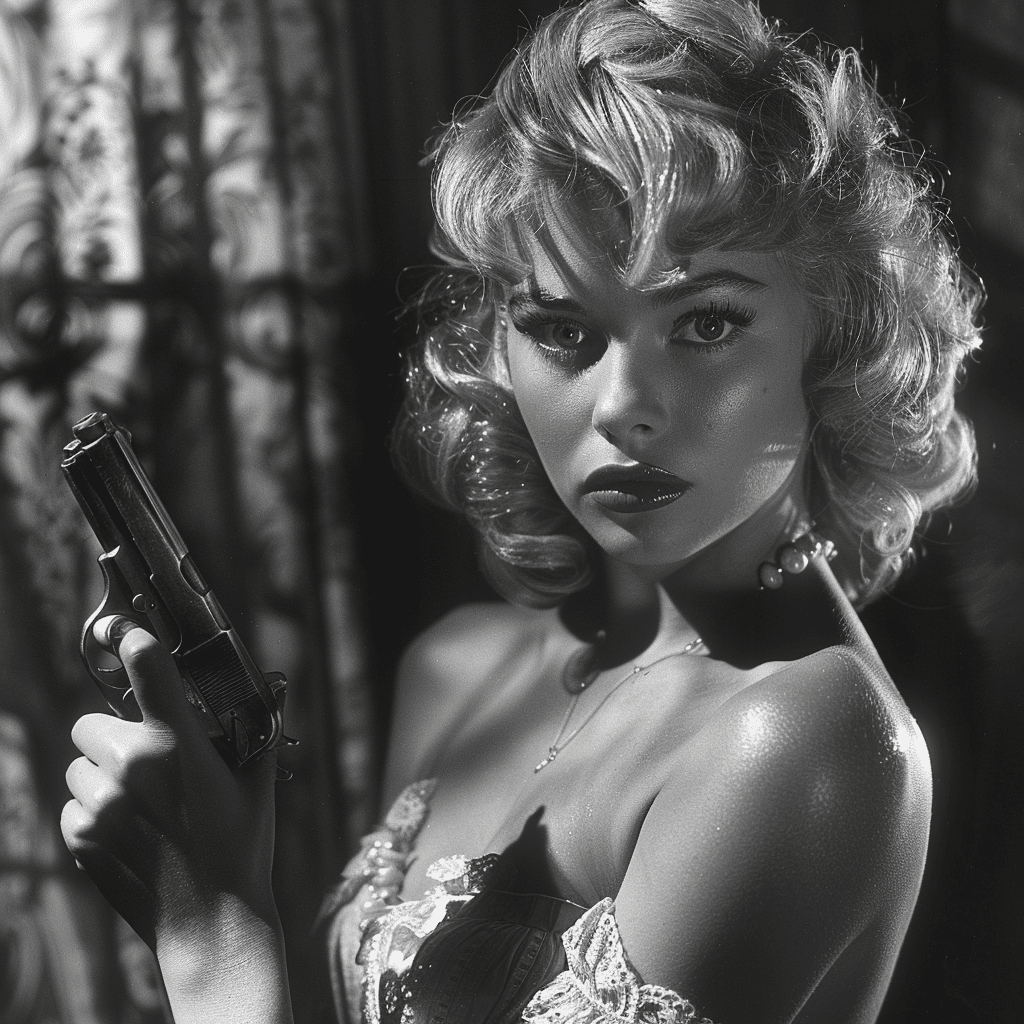Freddy Fender: A Look Back at the Tex-Mex Legend
The Early Years of Freddy Fender
Amid the sweltering Texas heat in the small town of San Benito, Freddy Fender first opened his eyes to the world. Born Baldemar Huerta in 1937, the future music legend started life in modest circumstances. With the soul of the Rio Grande Valley running through his veins, young Baldemar’s initial tryst with music occurred early, strumming his six-string with the kind of passion that presaged the star he was destined to become.
His earliest performances, local riffs on radio and at county fairs, became the stepping stones toward a legendary career. It was an era when each pluck of his guitar string resonated with the promise of greatness. But before his voice could echo beyond the borders of his Texan hometown, a transformation was underway—the metamorphosis from Baldemar Huerta to the iconic Freddy Fender, a name as inseparable from the strings of destiny as the Fender guitars he adored.
| Category | Information |
|---|---|
| Birth Name | Baldemar Garza Huerta |
| Stage Name | Freddy Fender |
| Birth Date | June 4, 1937 |
| Death Date | October 14, 2006 |
| Early Life | Dropped out of school at 16 (1953); enlisted in U.S. Marine Corps at 17 |
| Military Service | U.S. Marine Corps (1954-1956), Discharged as Private (E-1) after court-martial for misconduct |
| Musical Career | Founding father of Chicano rock ‘n’ roll, “Mexican Elvis,” “El Bebop Kid” |
| Musical Style | Rock ‘n’ roll, Tejano, Country, Rock en español |
| Notable Instrument | Fender guitars and amplifiers |
| Renaming Reason | Took on the name “Freddy Fender” as a stage name after the guitar brand |
| Marriage & Family | Married Evangelina Muniz in 1957, divorced in 1963, remarried in 1965, had five children |
| Hit Song | Wrote “Before the Next Teardrop Falls” in 1967; it became a hit for him in 1975 |
| Awards & Honors | Grammy Awards, inducted into the Tejano Music Hall of Fame |
| Personal Challenges | Struggled with alcohol, served time in prison |
| Legacy | Influential in bridging country music with Tejano and Rock, a symbol of Chicano cultural identity |
Breaking Through: Freddy Fender’s Rise to Fame
If there was ever a track that captured the bittersweet ache of love lost, it was “Wasted Days and Wasted Nights.” This heart-wrenching melody seared itself into the consciousness of an era, branding Freddy Fender not just as a musician, but as a poet of the soul. Its impact was monumental, catapulting him from the fringes of the Tex-Mex circuit to the glaring spotlight of mainstream American music.
Yet, as his stardom blossomed, the tightrope walk began—balancing the rich tapestry of his cultural roots against the seductive allure of commercial appeal was like dancing on a razor’s edge. But boy, could Freddy dance.

Triumphs and Troubles: The Dualities of Freddy Fender’s Career
Peering into the patchwork of Freddy Fender’s life, one finds a tapestry woven with threads of both triumph and sorrow. Awards adorned him; the cheers of adoring fans became his symphony. Yet, beneath the shimmering stage lights, personal battles raged. His struggles with substance abuse crept into the limelight, often overshadowing the brilliance of his melodies, making his journey a pendulum swing between the peaks and valleys of fame.
Freddy’s personal life never had it easy either. The relentless demands of a high-profile career often clashed with the serenity of a family man’s aspirations. It wasn’t just about hitting the right notes on stage but hitting the right balance in life’s grand opera.
The Unique Sound of Freddy Fender
To delve into the musical ethos of Freddy Fender is to uncover an eclectic fusion that transcended any single genre. It was as if Tejano, Country, and Rock’n’Roll were ingredients in his alchemical crucible, with each song a new discovery in this auditory quest. His collaborations read like a who’s who of musical heavyweights, elevating his sonic canvas to the peaks of Mount Olympus.
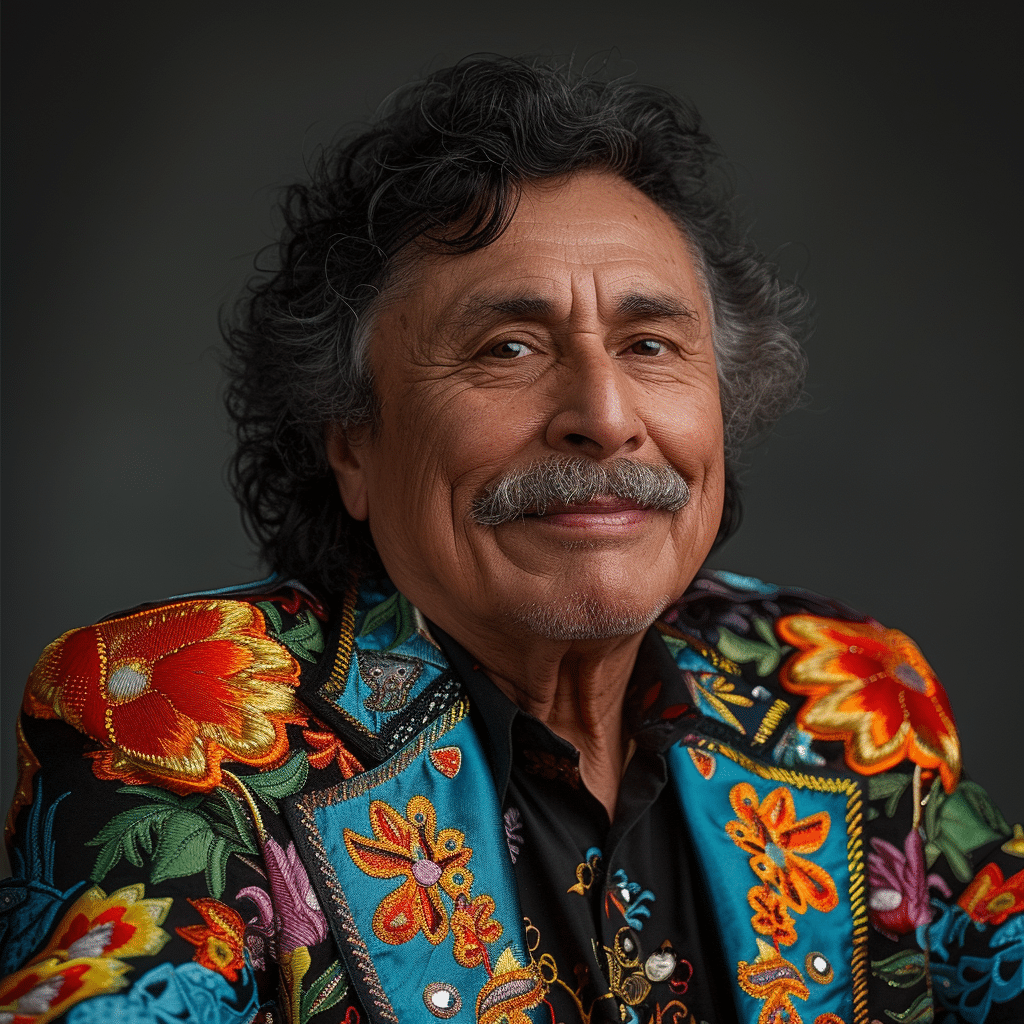
Beyond the Stage: Freddy Fender’s Cultural Impact
More than just a musician, Freddy Fender emerged as a symbol of cross-cultural identity, bridging the gap between Chicano pride and American Dream in harmonious symphony. His legacy etched itself not just in vinyl, but in the very souls of those who came after, musicians who stood on his shoulders to reach their own stars. His visage flashed across screens both big and small, embodying characters that walked off the film reels into the hearts of watchers.
Just as the cast Of Monk redefined TV’s portrayal of detective stories, Fender’s authentic representation reshaped the narrative for Chicanos in entertainment, lending a face and a voice to an often overlooked community.
The Later Years: Reflections on Legacy and Longevity
The twilight years of Freddy Fender’s career were as reflective as they were profound. While health issues wove their way through his narrative, they couldn’t tame the enduring spirit of his music or its capacity to touch lives. His songs, ageless and evergreen, continued to resonate, defying the transient nature of musical fame with the unyielding strength of authenticity.
Unearthing Hidden Gems: Rare and Lesser-Known Freddy Fender Stories
Fender’s life was a tapestry, rich with stories whispered through the corridors of time—tales spun by those who knew him best. With unreleased tracks simmering just below the surface, and deep cuts that deserved their day in the sun, the Fender narrative was one embroidered with surprises awaiting discovery.
The Final Curtain and Its Aftermath
On that somber October day in 2006, the world bid farewell to Freddy Fender, but his music’s pulsing heart refused to fall silent. Posthumous releases emerged as tributes, with each chord strummed in his memory reverberating through the canyons of time, a testament to the fact that legends never truly die.
The parallels within his journey evoke the haunting melodies of the Ps5 target chase, where persistence ultimately leads to a coveted prize, much like Fender’s enduring impact on the music industry.
Freddy Fender’s Place in Music History
Placing Freddy Fender within the pantheon of music history invites comparison to contemporaries and legends alike. His induction into Halls of Fame and numerous recognitions, align him with giants. Like Wes Borland carved a unique niche in rock music, Fender’s unique contributions forever changed the soundscape of Americana.
His story is inextricably linked to the cast Og of the American musical narrative, crafting a legacy that is both a mirror to the past and a beacon for the future.
Conclusion: Understanding the Unadorned Freddy Fender
Summing up Freddy Fender amounts to embracing the man, the myth, the music, and the magic. His life, woven with complexities, sung in contrasts, rings out as a siren’s call to those who listen. The enduring resonance of his work, like the timeless appeal of Yasmine Al-bustami or the captivating narrative of the What Happened To The Love is blind reunion, transcends the ephemeral and speaks universally.
Reflecting on his life and times, the unvarnished story of Freddy Fender remains a testament to the power of authenticity. Here’s to the legend, the cultural icon, the loving father, and the man who, while traversing the bumpy road of life, left tire tracks on the hearts of millions—a legacy that, much like the indelible presence of Tina Trahan in her ventures, or the enigmatic character of Robin Buckley, will intrigue, inspire and resonate with audiences for generations to come.
In addition to his enduring legacy, his son who tragically passed away in a car accident remains a poignant reflection of the personal cost of a public life, forever reminding us of the delicate balance of the personal and the professional that Freddy Fender struggled to maintain.
With this comprehensive sweep through Freddy Fender’s life, listeners old and new can reconnect with his storytelling. After all, stories like his are the ones that thread through the very fabric of our cultural quilt, reminding us of where we’ve been and hinting at where we’re going. Freddy Fender’s unvarnished story is our story too, a melody to which we all know the tune, even if we’ve never consciously hummed along.
The Legacy of Freddy Fender
Ah, amigos, let’s deep dive into the world of Baldemar Huerta, a.k.a. Freddy Fender, the Tex-Mex sensation that forever etched his sound into the fabric of American music. Sit tight as we unravel some foot-tapping facts and trivia about the man whose voice could make a cactus swoon.
The Voice That Crossed Borders
Now, folks, did y’all know that before Freddy Fender took it by storm with his hit “Before The Next Teardrop Falls,” this vocal magician hit a crossroads? Yeap, Fender faced a few bumps along his path to stardom. He served time for, believe it or not, marijuana possession. But talk about a transformation! He went from a cell to selling platinum records. If that isn’t a turnaround tale that sings the blues, what is?
A Name As Melodious As His Music
Alright, hold onto your hats, ’cause here’s something that’ll perk up your ears. Freddy Fender wasn’t our crooner’s real name! Baldemar Huerta might not have had the same ring, but that’s the name he was born with. Yet, when the spotlight called, he swapped it for a name that sounded a whole lot like the all-American car part and a whole lot less like the Tejano roots he hailed from. Crafty or what?
From Marine Haircut to Chart-Topping Hits
Did ya know that before Freddy Fender wooed the masses with “Wasted Days and Wasted Nights,” he was jazzing it up in the United States Marine Corps? That’s right! The man swapped his military buzz cut for locks that could make any guitar-strumming heartthrob jealous. And once he set foot on civilian soil, it wasn’t long before he was crooning his way into the jukeboxes and hearts across America.
Accolades and Honors Galore
Now, get this—our boy Freddy wasn’t just a one-hit wonder. Nope! He was a Grammy winner! He graced stages far and wide, and he wasn’t about to stop there. This Texan marvel was inducted into the Tejano Music Hall of Fame. Not just that, he also landed a spot in Grammy Hall Of Fame for his show-stopping performance and for bringing cultures together with his music. Hats off, Freddy!
After The Applause
Okay, it’s not all glitz and guitars, y’all. After riding high on the charts, Freddy faced some real struggles. His health began to buckle under the weight of fame’s demands. Did he let that stop him? Not on your life! He kept right on performing, even while he was waiting – get this – for a kidney transplant. Now that’s what I call a fighter!
The Untold Musical Blend
Here’s the kicker: Mr. Fender didn’t just stick to country or rock ‘n’ roll. Oh no, he was quite the trailblazer. He infused his Hispanic heritage into his tunes, making a one-of-a-kind Tex-Mex music soup that had fans slurping up every last note. This sonic concoction opened the doors for many who followed, ultimately trailblazing a genre that refused to be pigeonholed.
The Final Curtain
Now, let’s dim the lights a bit for this part. Freddy’s final bow came in 2006, but boy did he leave a legacy. The whispers of “Vaya con Dios” echoed, paying homage to a life that began in the fields of Texas and soared to stellar heights through sheer talent and tenacity.
Before you race off to spin that record one more time or look up a blast from the past, just remember: Freddy Fender wasn’t just a singer—he was a movement, a voice that shattered barriers and serenaded souls across divides. A round of applause, y’all, for the legend that taught us to live before the next teardrop falls.
And with that, we tip our hats and strike the final chord in our tribute to Freddy Fender. Catch you on the flip side, where the sunsets are painted with the colors of his songs, and the stars twinkle to the tune of his enduring legacy.
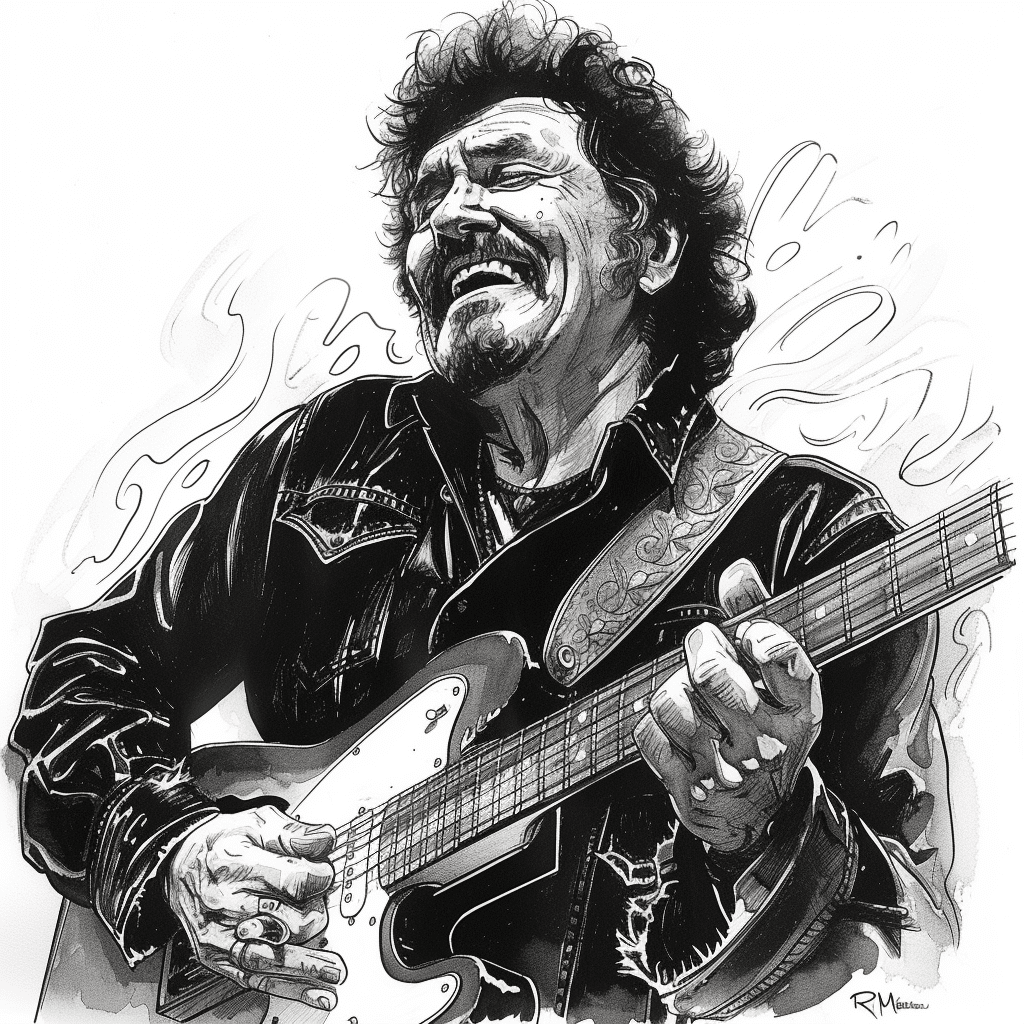
Was Freddy Fender in the military?
– Oh boy, Freddy Fender’s story feels like it’s straight out of a movie! Yep, he sure did time in the military. After dropping out of high school at 16, Fender enlisted in the U.S. Marine Corps when he was just 17. Unfortunately, his drinking habits landed him in the brig more than he’d probably care to admit, and he was court-martialed and discharged as a private in 1956. Talk about a rough stint!
Did Freddy Fender ever marry?
– Now, about nuptials – Freddy Fender didn’t exactly have a smooth ride on the love train. He married Evangelina Muniz in 1957, but after a hitch in prison, they split in 1963. Not ones to let go, they tied the knot again two years later. You could say it was an on-again, off-again kind of love. Through thick and thin, Evangelina stood by him until he passed away in 2006, and they had five kids together.
Why was Freddy Fender important?
– Freddy Fender wasn’t just any musician; he was a trailblazer! As a teenager in the mid-1950s, he helped pave the way for Chicano rock ‘n’ roll and rock en español, earning nicknames like the “Mexican Elvis” and “El Bebop Kid.” He put his spin on classics like “Jailhouse Rock” and “The Twist,” making him a major influencer in merging cultures through music. That’s pretty impressive, huh?
Where is Freddy Fender’s gravesite?
– After his final curtain call, Freddy Fender was laid to rest in his hometown. You can find his gravesite in San Benito, Texas, where his legacy continues to serenade the breezes of the Lone Star State.
What language does Freddy Fender sing?
– Freddy Fender was a maestro of multilingual melodies, singing primarily in English and Spanish. His music broke barriers and brought cultures together, making him a true icon for bilingual artists.
Where did Freddy Fender live?
– Home is where the heart is, and for Freddy Fender, that was in the bustling border city of San Benito, Texas. It’s where his roots ran deep, and his music career blossomed.
How old was Freddy when he joined Queen?
– Hold up, wait a minute, let’s put some clarity in it! Freddy never joined Queen – that’s a mix-up with the legendary Freddie Mercury. Fender was busy rocking it out in his own style, far from the British rock scene.
What happened to Johnny Rodriguez?
– Well, things got a bit rocky for Johnny Rodriguez. Like Fender, Rodriguez is a Texas-born country singer with a flair for blending cultures. However, not all is rosy; he’s had his fair share of legal troubles and brushes with the law over the years.
Is Freddy Fender black?
– The simple answer is no, Freddy Fender was not black – he was of Mexican heritage, and his music was infused with that rich cultural background.
What did Freddy do to his victims?
– Freddy’s ‘victims’ were the hearts of music lovers, which he swooned over with his soulful tunes. He was known for his captivating voice rather than any nefarious deeds, charming fans worldwide with his melodies.
How did Freddy Fender get his last name?
– Talk about branding! Freddy Fender knew the power of a name. He took the name ‘Fender’ from the iconic guitars and amps he loved to use, crafting a stage persona that resonated with the rhythms of rock ‘n’ roll. A name that struck a chord, you might say!









